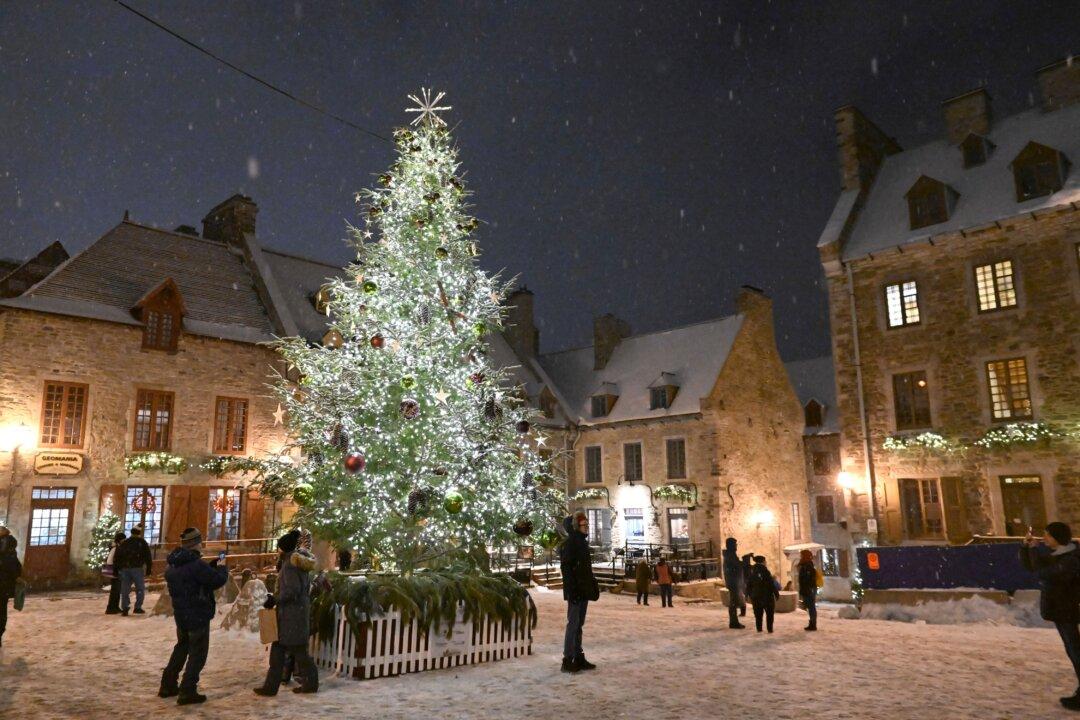The Canadian Human Rights Commission said in a 2023 report that having statutory holidays for Christian celebrations such as Christmas is “a form of discrimination ... deeply rooted in our identity as a settler colonial state.”
It’s the latest shot across the bow in what’s often called a “war on Christmas,” primarily driven by those seeking to secularize public life, says Christmas expert and historian Gerry Bowler of the Frontier Centre for Public Policy.





